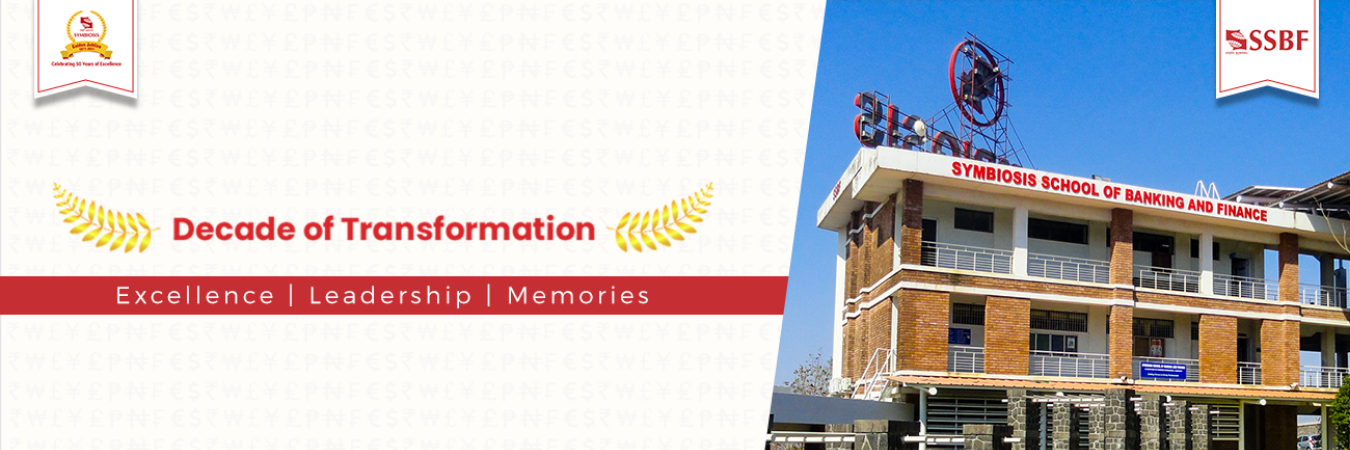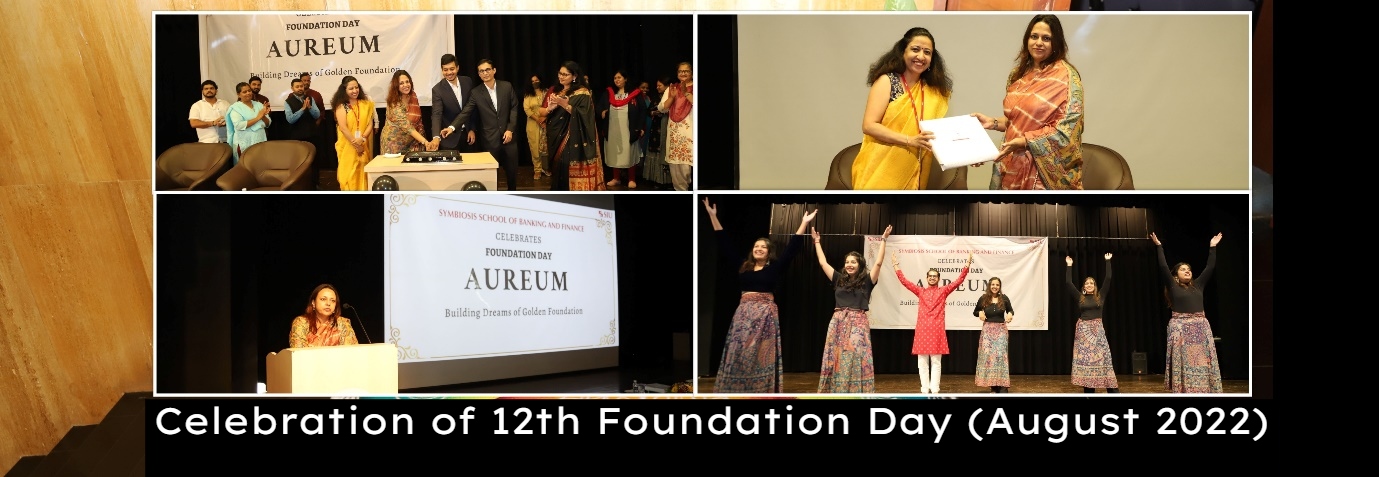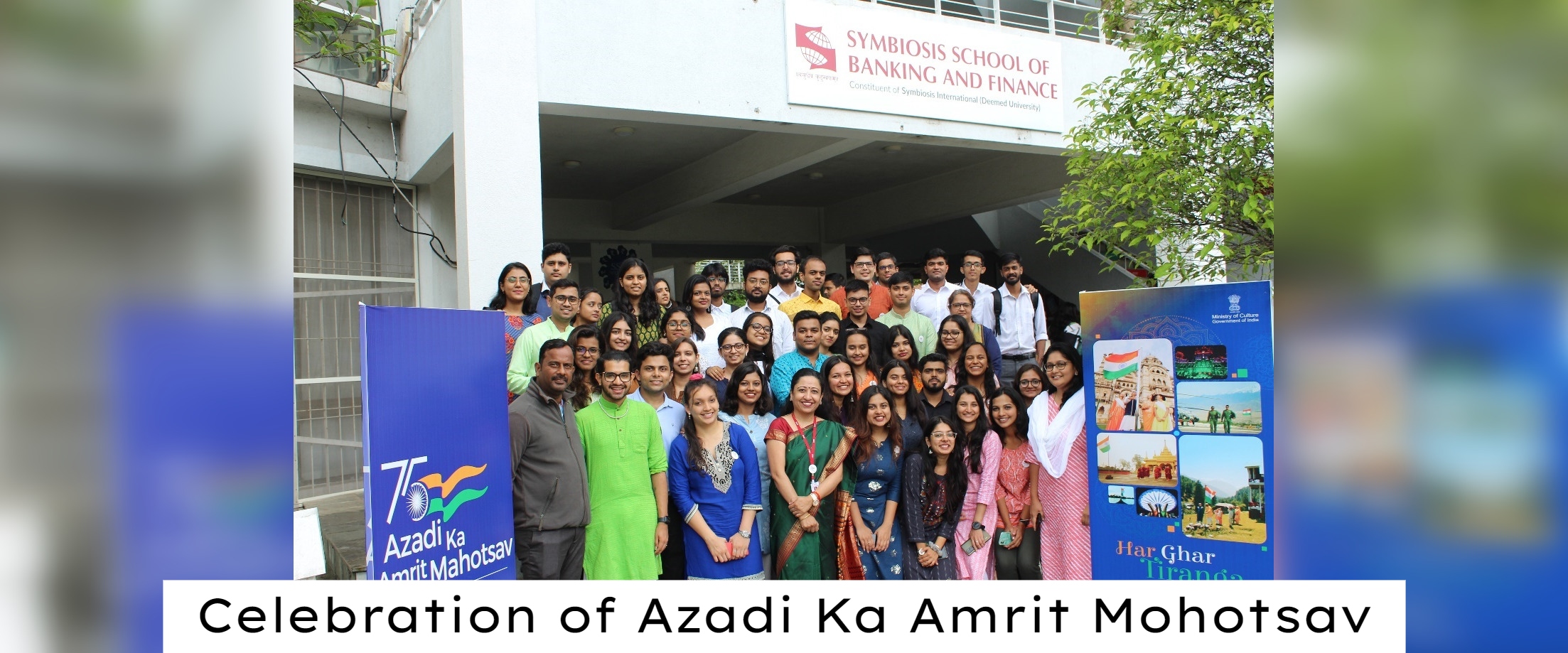Globally Fintech has emerged as one of the biggest disruptors in the financial industry. It has revolutionized the nature of financial products and services offered in the market. At the same time, it has also transformed the delivery mechanisms of traditional services of the financial industry. One such transformation has occurred in the area of investment advisory services to clients. Traditionally investment management advisory services have been based on direct interaction or face to face business models.
With the advent of technology, Robo- advisory services are replacing the earlier advisory models with automated wealth management and investment advisory services. The objective of this study is to identify the factors affecting the customer’s awareness and acceptance of the Robo-advisory business model in India. The focus of the study was to build a conceptual model which helps in identifying the features of the Robo-advisory model such as the usefulness of the service, ease of use, relative advantage, expected risk and costs of the services and the relationship with the customer acceptance of these services. The study would help the nascent Robo-advisory services in India, to help them develop the right promotion package for their services. It would also help them in developing unique and customized products and services catering to their customers in India. There were 147 respondents in the study which was done through an online survey. It was found that UTUAT model holds good for the testing of the acceptance of the Robo advisory services model in Indian context. It was found that Performance expectancy and social influence had a significant impact on the usage intention of the model whereas Effort Expectancy did not have a significant impact.
Dr. Bindya Kohli



